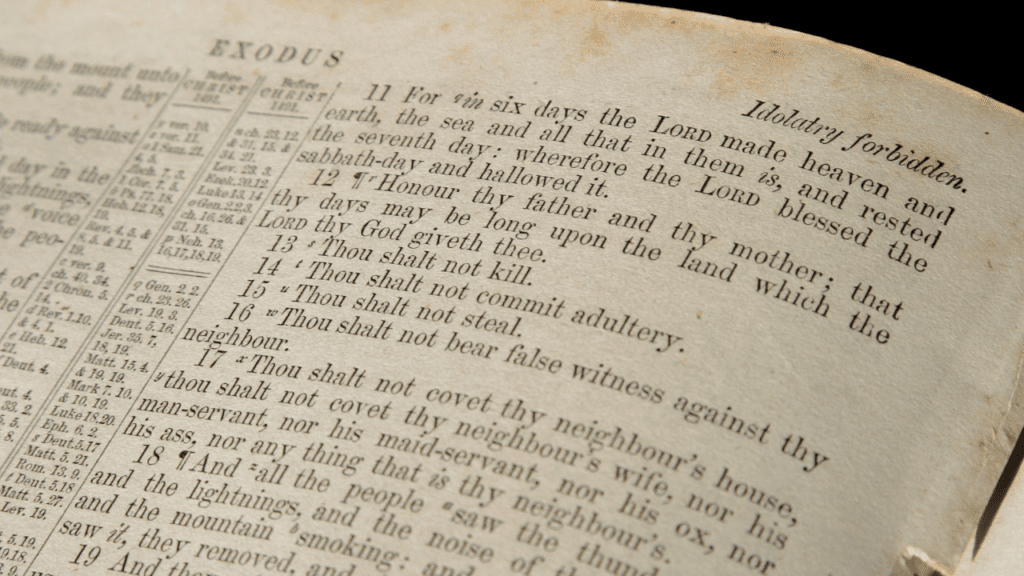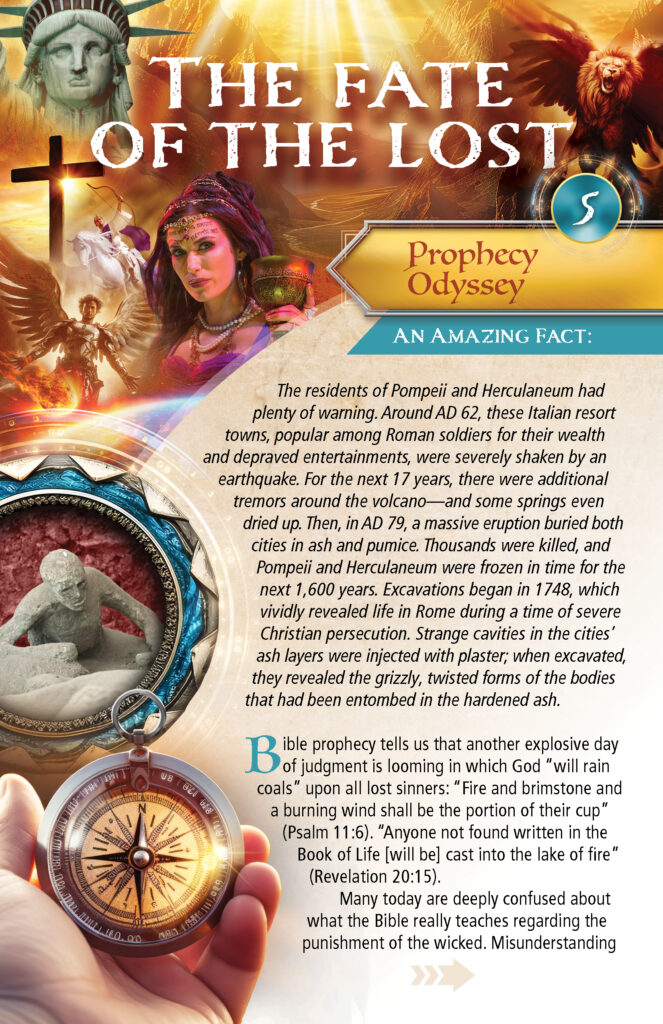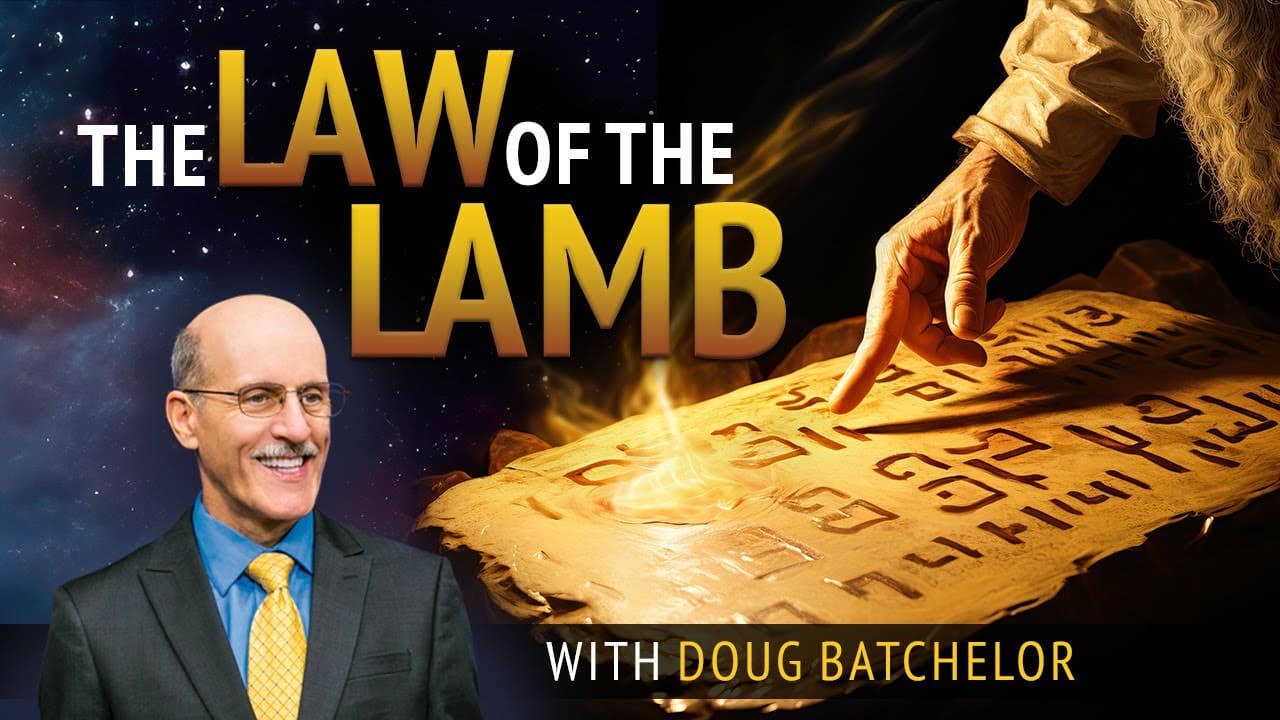“You shall not covet your neighbour’s house; you shall not covet your neighbour’s wife, nor his male servant, nor his female servant, nor his ox, nor his donkey, nor anything that is your neighbour’s.” Ex 20:17
The tenth commandment strikes at the very core of all sins by prohibiting selfish desires, which give rise to sinful actions. By obeying God’s law and refraining from even desiring something that belongs to another, one avoids committing wrong against their fellow human beings.
These sacred precepts of the Decalogue were proclaimed amidst thunder and flames, accompanied by a remarkable display of God’s power and majesty. God intended for His people to never forget this awe-inspiring event, to be deeply reverent towards the Lawgiver and the Creator of heaven and earth. Through these displays of power and glory, God sought to demonstrate to all humanity the solemnity, importance, and enduring nature of His law.
The Israelites were overwhelmed with terror. The amazing power of God’s words seemed almost too much for their trembling hearts to bear. As the perfect standard of righteousness was presented before them, they became acutely aware of the abhorrent nature of sin and their own guilt in the presence of a holy God. Filled with fear and awe, they pleaded with Moses, saying, “You speak to us, and we will listen, but do not let God speak to us, or we will die.” Moses reassured them, saying, “Do not be afraid, for God has come to test you, so that the fear of Him may be before you, that you may not sin.” However, the people stood at a distance, gazing upon the scene in terror, while Moses “approached the thick darkness where God was.”
Due to the people’s minds being clouded and debased by slavery and pagan practices, they were not fully prepared to grasp the profound principles underlying God’s Ten Commandments. To ensure a better understanding and application of the obligations contained within the Decalogue, additional laws were given as practical illustrations and expansions of its principles. These laws were referred to as judgments because they were established with infinite wisdom and equity, and they provided guidelines for magistrates to administer justice. Unlike the Ten Commandments, these laws were given privately to Moses, who then conveyed them to the people.














